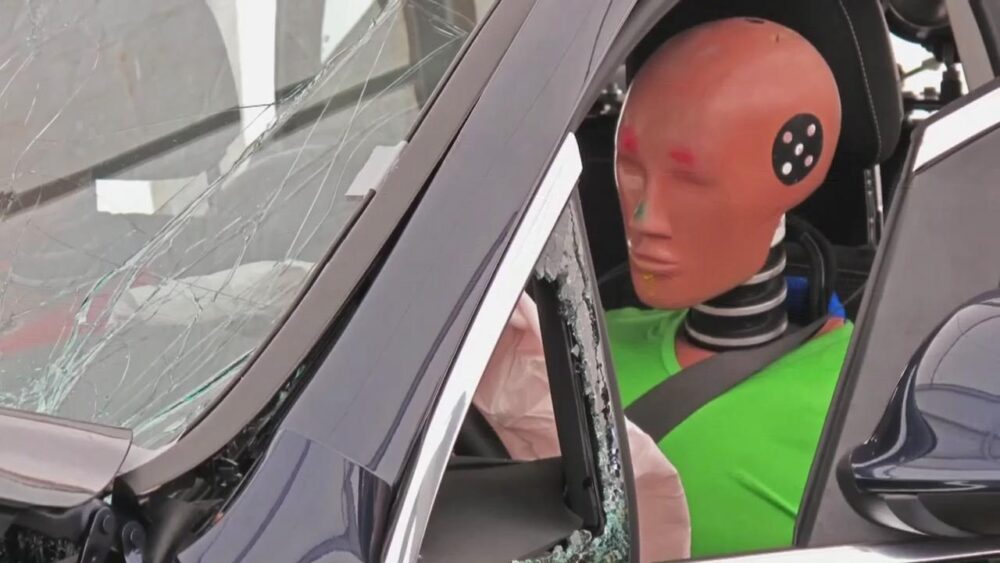A major raft has been created between Pakistan’s standards and promoters of the industry to determine and implement the safety rules of vehicles.
The proposed Motor Vehicles Industry Development Act, 2025, Engineering Development Board (EDB) provides the minimum safety, quality, environment and performance quality for the vehicle.
Critics argue that this responsibility should be firmly rested with the National Standards Authority, PSQCA.
Traditionally, the PSQCA, which operates under the Ministry of Science and Technology, has developed, declared and implemented technical rules for all industrial and consumer products, including car vehicle. It has the legal authority to review the compliance of the vehicle, the ingredients and the system.
However, under the Draft Act, the EDB will handle this option. Rashids have warned that this representation is a regulatory over raich because the EDB primarily promotes the industry and lacks testing labs or regulatory experience.
The PSQCA has recently developed the kind of approval procedure and developing agreements with international standard organizations to harmonize Pakistani rules with global standards.
Nevertheless, it does not contain complete test facilities within the country. On the contrary, there is no history of the implementation of EDB. Legal experts warned that giving regulatory powers to EDB can lead to duplication, interest disputes and legal issues, especially since the PSQCA is still recognized within the WTO and ISO framework.
Officials at the Ministry of Science and Technology say they intend to formally oppose these parts of the draft law that backs the PSQCA.
They argue that the standard and compliance diagnosis are the legal responsibilities of PSQCA and that it cannot be transferred to EDB without appropriate changes in the existing rules.
In September 2025, the federal government announced the safety standards of 57 vehicles, which requires compliance with the principles of WP-29 (UNCE) as part of IMF responsibilities.
The new standards of crash degree “Type D” ban the import of vehicles and local manufacturers and importers need a license under EDB, in addition to other responsibilities.
The federal cabinet has previously approved the legally binding auto -safety law. The law includes up to three years imprisonment and a fine of up to Rs 500. 10 million for non -compliance. This shows how serious the change is.
The Pakistan Automotive Manufacturers Association (PAMA) has a strong objection. Its members argue that the draft law industry was created without much consultation. He also criticizes being guilty of manufacturing and trading under the new rules.
During this regulatory struggle, Pakistan has signed an agreement with the International Finance Corporation (IFC). This contract will especially support the policy, regulations and quality reforms to promote the electrical vehicle.
It is a blessing as part of a great effort to modernize the movement and to align the quality of Pakistan with global principles.

